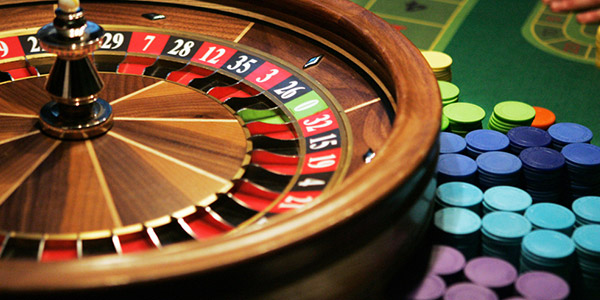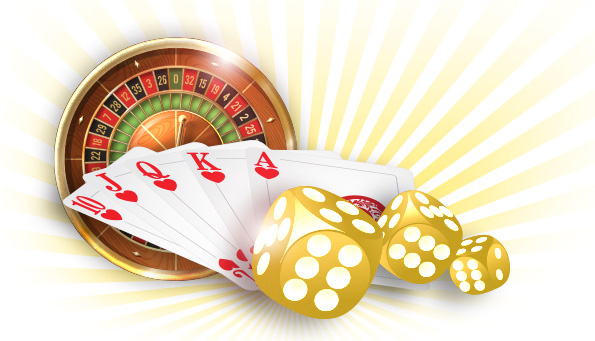Unlocking the Benefits of Online Casino Games – Higher Payouts, Better Odds, and Fun
Online casinos have revolutionized the gambling industry, offering players a more convenient and rewarding way to enjoy their favorite games. With the rise of digital platforms, traditional brick-and-mortar casinos are facing stiff competition as more gamblers turn to online alternatives. The advantages of online casinos go beyond just accessibility they provide higher payouts, better odds, and an overall more entertaining experience. Whether you are a seasoned gambler or a casual player, online casinos present numerous benefits that make them an attractive option. One of the most significant advantages of online casinos is their ability to offer higher payouts compared to traditional casinos. Since online platforms have lower overhead costs, they can afford to pass on these savings to players in the form of better payout percentages. Many online casinos boast return-to-player RTP rates of 95% or higher, which means that players have a better chance of winning in the long run. In contrast, physical casinos have to cover expenses like rent, utilities, and staffing, which often results in lower payout rates.

This difference in payouts makes online gambling a more appealing choice for those looking to maximize their winnings. Another major advantage of online casinos is the improved odds they offer. Many online slots, table games, and live dealer games have odds that are more favorable to players compared to their land-based counterparts. For example, some online blackjack variations feature rules that reduce the house edge, giving players a better chance of winning. Additionally, online casinos offer a wide selection of games with different RTPs, allowing players to choose those that provide the best potential returns. The ability to compare and select games with the best odds is a luxury that is often unavailable in traditional casinos, where game options are limited to what the establishment offers. Beyond payouts and odds, online casinos provide an unparalleled level of convenience and entertainment. Players can access their favorite games anytime and from anywhere, eliminating the need to travel to a physical casino. This convenience is further enhanced by the availability of mobile gaming, which allows users to play on their smartphones or tablets.
Online No deposit Casino websites also offer a wider variety of games, from classic slots and table games to innovative live dealer experiences. With thousands of games to choose from, players can easily find options that suit their preferences and playing style. In addition to variety, online casinos often include exciting features and bonuses that add to the overall enjoyment. Welcome bonuses, free spins, cashback offers, and loyalty programs provide players with extra incentives to keep playing. These promotions can significantly boost a player’s bankroll, allowing them to extend their gaming sessions and increase their chances of winning. Furthermore, many online casinos incorporate gamification elements such as tournaments, leaderboards, and missions, creating a more engaging and interactive experience. Overall, online casinos provide a superior gambling experience with higher payouts, better odds, and more entertainment options. Their accessibility, variety of games, and lucrative bonuses make them an appealing choice for both casual and serious players. Whether you are looking for a thrilling gaming experience or simply want to try your luck, online casinos offer a convenient and rewarding way to enjoy the excitement of gambling.





